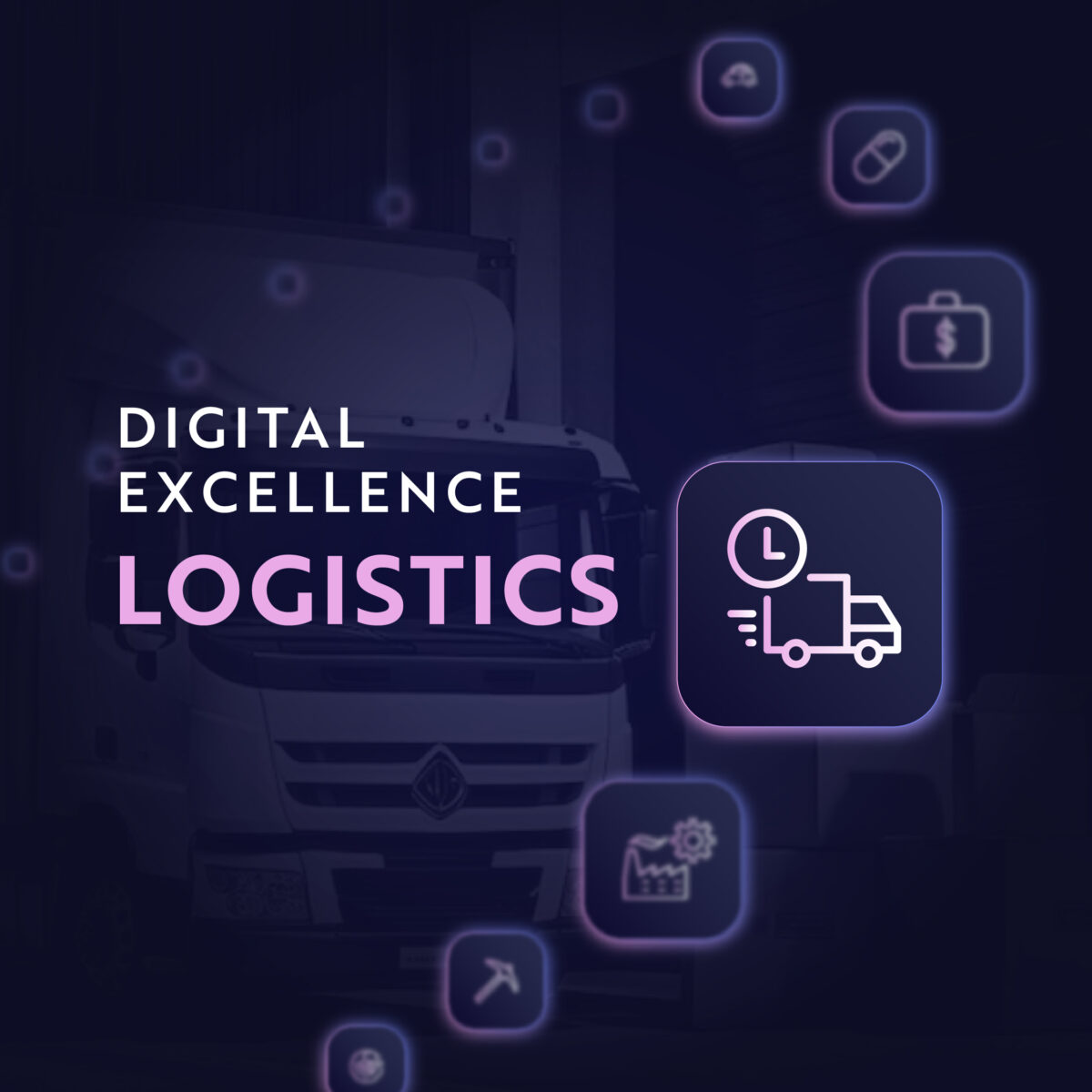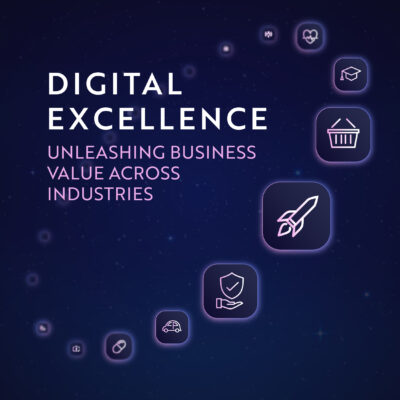
Impact Assessment: Key Technologies Unlocking Logistics Excellence
- Internet of Things (IoT):
- Real-Time Tracking: IoT devices enable real-time tracking of shipments, providing visibility into the location and condition of goods throughout the supply chain.
- Predictive Maintenance: IoT sensors monitor equipment health and performance, predicting maintenance needs to reduce downtime and improve operational efficiency.
- Artificial Intelligence (AI) and Machine Learning:
- Route Optimization: AI algorithms analyze traffic patterns, weather conditions, and historical data to optimize delivery routes, reducing transit times and fuel consumption.
- Demand Forecasting: Machine learning models predict demand fluctuations, enabling better inventory management and resource allocation.
- Blockchain:
- Supply Chain Transparency: Blockchain technology enhances transparency and traceability, ensuring the authenticity and integrity of transactions across the supply chain.
- Smart Contracts: Blockchain enables the automation of contractual agreements, reducing administrative costs and improving efficiency.
- Robotic Process Automation (RPA):
- Operational Efficiency: RPA automates repetitive tasks such as order processing, invoicing, and documentation, reducing manual effort and improving accuracy.
- Customer Service Automation: Chatbots powered by RPA handle routine customer inquiries, enhancing service efficiency and freeing up human agents for complex issues.
- Autonomous Vehicles and Drones:
- Last-Mile Delivery: Autonomous vehicles and drones offer innovative solutions for last-mile delivery, improving speed and reducing costs in urban and remote areas.
- Warehouse Automation: Automated guided vehicles (AGVs) and drones streamline warehouse operations, optimizing inventory management and order fulfillment.
Benefits and Challenges of Logistics Excellence
- Benefits:
- Enhanced Operational Efficiency: Digital technologies streamline logistics operations, reducing costs, improving resource allocation, and increasing productivity.
- Improved Customer Experience: Real-time tracking and predictive analytics enable logistics companies to provide timely updates and proactive solutions, enhancing customer satisfaction.
- Increased Transparency: Blockchain and IoT enhance supply chain visibility, building trust and accountability among stakeholders.
- Challenges:
- Technological Integration: Integrating new digital technologies with existing systems requires careful planning and investment, particularly for companies with legacy infrastructure.
- Cybersecurity Risks: The increased reliance on digital technologies exposes logistics companies to cyber threats, necessitating robust security measures.
- Regulatory Compliance: Navigating complex regulatory environments and ensuring compliance with industry standards is critical in the logistics industry.
Logistics Excellence: Strong Use Cases
- AI-Powered Route Optimization:
- Logistics companies like DHL use AI algorithms to optimize delivery routes, reducing transit times and fuel consumption while improving delivery accuracy.
- Blockchain for Supply Chain Transparency:
- Maersk leverages blockchain technology to enhance supply chain transparency and traceability, reducing the risk of fraud and improving efficiency.
- Autonomous Vehicles for Last-Mile Delivery:
- Companies like Amazon are exploring the use of autonomous vehicles and drones for last-mile delivery, improving speed and reducing costs in urban areas.
Compelling Case Studies

FedEx: IoT-Enabled Predictive Maintenance
FedEx has implemented IoT sensors across its fleet to monitor vehicle health and performance in real-time. By predicting maintenance needs, FedEx reduces downtime, increases operational efficiency, and enhances service reliability. This approach demonstrates the transformative potential of IoT in logistics operations.

UPS: AI-Driven Route Optimization
UPS utilizes AI algorithms to optimize delivery routes through its ORION (On-Road Integrated Optimization and Navigation) system. By analyzing traffic patterns and historical data, UPS reduces fuel consumption, minimizes transit times, and improves delivery accuracy, resulting in significant cost savings and environmental benefits.
Main Recommendations
- Invest in IoT and AI Technologies:
- Prioritize investment in IoT and AI technologies to enhance real-time tracking, predictive maintenance, and route optimization. Embrace data-driven decision-making to improve efficiency and service quality.
- Enhance Supply Chain Transparency:
- Leverage blockchain technology to increase transparency and traceability across the supply chain. Build trust and accountability among stakeholders by ensuring the authenticity and integrity of transactions.
- Utilize the Digital Maturity Index (DMI):
- Conduct regular DMI assessments to evaluate digital capabilities, identify gaps, and develop strategic roadmaps for transformation. Use these assessments to guide decision-making and prioritize initiatives.
- Strengthen Cybersecurity Measures:
- Implement robust cybersecurity strategies to protect digital assets and sensitive information. Ensure compliance with industry standards and regulations to safeguard against cyber threats.
- Explore Autonomous Solutions:
- Investigate the potential of autonomous vehicles and drones for last-mile delivery and warehouse automation. Embrace innovation to improve speed, reduce costs, and enhance operational efficiency.
Conclusions
The logistics industry is undergoing a digital revolution that presents both challenges and opportunities. By embracing digital technologies and focusing on efficiency and transparency, logistics companies can unlock significant business value and maintain a competitive edge. Executives must prioritize digital transformation initiatives and leverage tools like the Digital Maturity Index to guide their journey toward digital logistics excellence. In doing so, they can drive sustainable growth and profitability while delivering exceptional service in a rapidly evolving market.




















